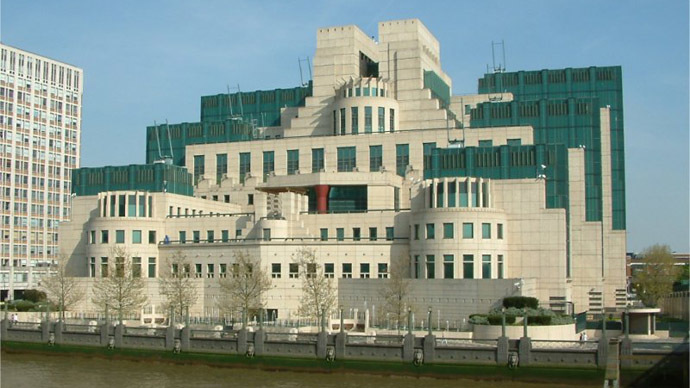‘Refusenik’ spies may resist ‘intrusive capabilities’ disclosure

Ahead of a parliamentary debate on the findings of the Anderson Report on spy powers on Thursday, it is reported that some within the intelligence community will do all they can to resist transparency.
David Anderson QC, who is reviewing GCHQ, MI5 and MI6 surveillance powers, has said the agencies in question should make their capabilities known in a “public avowal.”
READ MORE: ‘Spying on everyone’: Tories to introduce wider-than-expected surveillance powers
The Anderson Report accepts that the “operation of covert powers is and must remain secret,” but argues that “public authorities should all be as open as possible in their work. Intrusive capabilities should be avowed.”
Calls for disclosure in the wake of the damaging revelations by NSA whistleblower Edward Snowden are said to have a section of the intelligence community deeply worried.
“The new director of GCHQ, Robert Hannigan, is a modernizer but there is still a strong refusenik faction there which thinks everything should stay secret,” the Times newspaper quotes one anonymous source as saying.
Another anonymous source, also quoted by the Times, said “There has to be concern that information would be revealed that would be exploited by those who wish to do us harm.”
READ MORE: US & UK Intelligence pow-wow with IT brass in secretive summit
However it appears that the split within the intelligence community over how to proceed in the post-Snowden era may be narrower than indicated by the anonymous sources.
At a recent confidential intelligence conference at Ditchley Park in Oxfordshire, the views of a number of high-ranking intelligence officials came to light.
Investigative journalist Duncan Campbell, who attended the conference, posted on his website, “Perhaps to many participants’ surprise, there was general agreement across broad divides of opinion that Snowden – love him or hate him – had changed the landscape; and that change towards transparency, or at least ‘translucency’ and providing more information about intelligence activities affecting privacy, was both overdue and necessary.”












